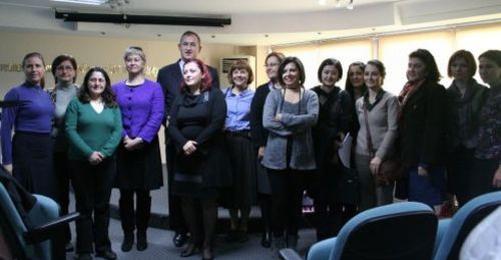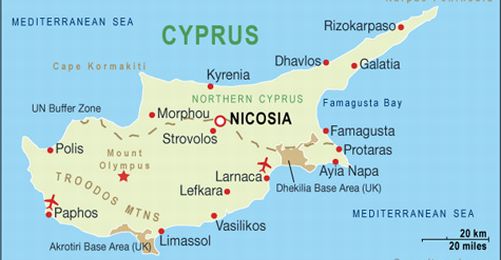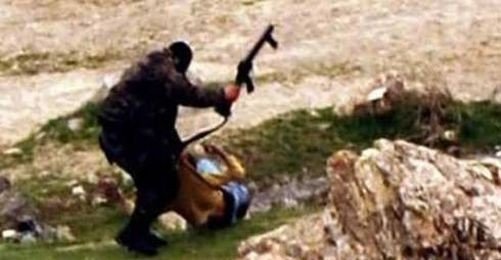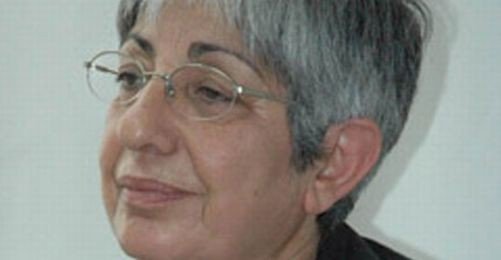RSF Joins Condemnation of Cartoonists’ Investigation
The US-based Cartoonists’ Rights Network International (CRNI) had condemned the planned prosecution of cartoonists Musa Kart and Zafer Timucin of the daily Cumhuriyet newspaper in a letter sent to Turkey’s ambassador to Washington, Nebi Sensoy on 25 January. According to CRNI, such a prosecution would violate Article 19 of the United Nations’ Universal Declaration of Human Rights.
The investigation of the cartoonists also provoked a protest from the Vienna-based International Press Institute (IPI), whose director David Dadge called on complaints against cartoonists to be withdrawn on 26 January.
RSF: "Arbitrary proceedings against cartoonists"
Now the Paris-based Reporters Without Borders (RSF) organisation has added its voice to the protests, with a press release on 5 February, in which it condemned the charges of "insulting the president" under article 299 of the criminal code, which carries a maximum sentence of five years and four months in prison.
“The judicial proceedings initiated against these two cartoonists are arbitrary and unfortunately this case is not unprecedented,” the press freedom organisation said.
A scarecrow and a rose in an envelope
Kart and Timucin are to be prosecuted for cartoons published in November. Kart’s cartoon, published on 28 November, showed President Abdullah Gül as a scarecrow in a cornfield claiming he had no control over his 16-year-old son, who has been trading in corn on commodities markets.
Timucin’s cartoon, published on 29 November, showed the president emerging from an envelope sent to an Arab prince who was protected by gendarmes while vacationing in the Turkish resort of Bodrum. The gendarmes were reportedly paid 5,000 dollars for the job. In the cartoon, Gül said to the prince: “Your excellency, here is the money the gendarmes give you, and here am I, the rose ("gül" in Turkish) you are offered so that relations between our countries do no deteriorate.”
No sense of humour
Article 299, in effect since 1 June 2005, states: “Any insult to the president is punishable by one to four years in prison. The penalty will be increased by a sixth if the offence is committed openly, and by a third if it is committed by news media.”
A government spokesman said on 24 January that “the proceedings were initiated by the justice ministry” and there was no reason why a trial should not go ahead.
Kart and three other cartoonists have been the targets of prosecutions brought by the prime minister in the past two years. In these cases, the courts said the prime minister should “demonstrate generosity towards humour.” (RSF/EÖ/TK/AG)
SOCIAL GENDER EQUALITY
Women and Journalists Hand in Hand against Violence

EUROPEAN COMMISSION AGAINST RACISM AND INTOLERANCE
Discrimination and Racism in Turkey Fuel Concern

Unionists in Northern Cyprus Protest PM Erdoğan

Policeman who Beat Juvenile Claimed Self-Protection

HRANT DINK MURDER
Court fully Protects Istanbul Police







